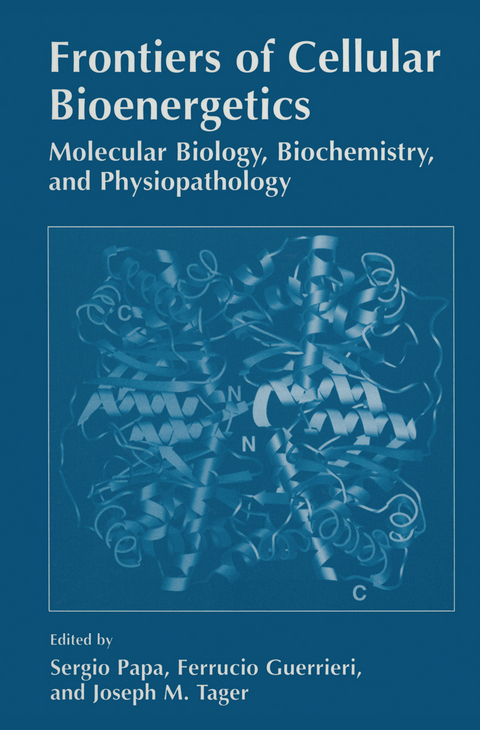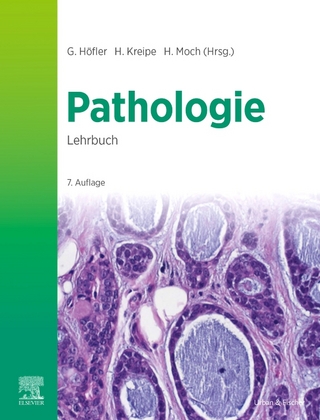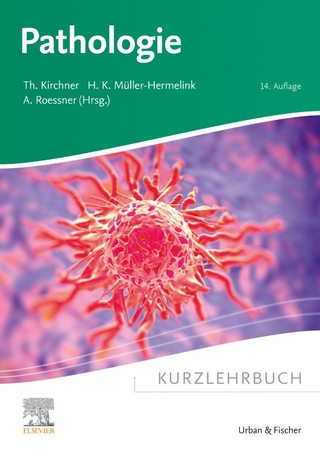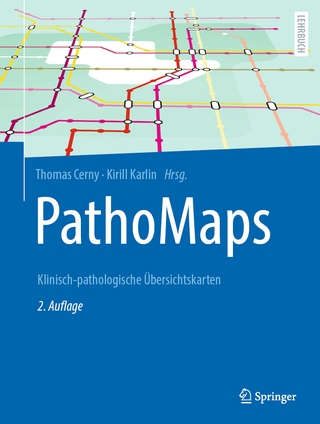
Frontiers of Cellular Bioenergetics
Springer-Verlag New York Inc.
978-1-4613-7196-0 (ISBN)
This slowdown was due to the absence of sufficient knowledge of the structure of the catalysts involved, even after the innovative proposal by Mitchell on the fundamental role of the translocation of protons across mem- branes, which revolutionized the way in which the mechanism of energy transduction was envisaged and for which he was awarded the Nobel Prize for chemistry in 1978. Competition from other fields of biochemistry in which progress was more spectacular has caused funding difficulties for those work- ing in bioenergetics.
1 The Mitochondrial and Bacterial Respiratory Chains: From MacMunn and Keilin to Current Concepts.- 2 The Mitochondrial Enzymes of Oxidative Phosphorylation.- 3 Proton Pumps of Respiratory Chain Enzymes.- 4 Uncoupling of Respiration and Phosphorylation.- 5 Crystallization, Structure, and Possible Mechanism of Action of Cytochrome c Oxidase from the Soil Bacterium Paracoccus denitrificans.- 6 The Structure of Crystalline Bovine Heart Cytochrome c Oxidase.- 7 Electron and Proton Transfer in Heme-Copper Oxidases.- 8 Mechanism of Proton-Motive Activity of Heme-Copper Oxidases.- 9 Oxygen Reduction and Proton Translocation by the Heme-Copper Oxidases.- 10 Transient Spectroscopy of the Reaction between Cytochrome c Oxidase and Nitric Oxide: A New Hypothesis on the Mechanism of Inhibition and Oxygen Competition.- 11 Energy Transduction in Mitochondrial Respiration by the Proton-Motive Q-Cycle Mechanism of the Cytochrome bc1 Complex.- 12 The Crystal Structure of Mitochondrial Cytochrome bc1 Complex.- 13 Structural Aspects of the Cytochrome bc1 Complex.- 14 Structure, Function, and Biogenesis of Respiratory Complex I.- 15 Structure of F1-ATPase and the Mechanism of ATP Synthesis-Hydrolysis.- 16 Mechanism of ATP Synthesis by Mitochondrial ATP Synthase.- 17 Mutational Analysis of ATP Synthase: An Approach to Catalysis and Energy Coupling.- 18 Analysis of the Nucleotide Binding Sites of ATP Synthase and Consequences for the Catalytic Mechanism.- 19 Coupling Structures and Mechanisms in the Stalk of the Bovine Mitochondrial F0F1-ATP Synthase.- 20 The Mitochondrial Carrier Protein Family.- 21 Structure and Evolution of the Metazoan Mitochondrial Genome.- 22 Nuclear Transcription Factors in Cytochrome c and Cytochrome Oxidase Expression.- 23 Suppressor Genetics of the Mitochondrial Energy Transducing System: The Cytochrome bc1 Complex.- 24 Tissue-Specific Expression of Cytochrome c Oxidase Isoforms and Role in Nonshivering Thermogenesis.- 25 Mitochondrial DNA Mutations and Nuclear Mitochondrial Interactions in Human Disease.- 26 Strategy toward Gene Therapy of Mitochondrial DNA Disorders.- 27 The F0F1-ATP Synthase in Cell Proliferation and Aging.- 28 Age-Linked Changes in the Genotype and Phenotype of Mitochondria.- 29 Nucleus-Driven Lesions of mtDNA and Disorders of Nucleus-Encoded Energy Genes.- 30 Aging and Degenerative Diseases: A Mitochondrial Paradigm.- 31 Perspectives on the Permeability Transition Pore, a Mitochondrial Channel Involved in Cell Death.- Author Index.
| Zusatzinfo | XXX, 801 p. |
|---|---|
| Verlagsort | New York, NY |
| Sprache | englisch |
| Maße | 152 x 229 mm |
| Themenwelt | Studium ► 2. Studienabschnitt (Klinik) ► Pathologie |
| Naturwissenschaften ► Biologie ► Biochemie | |
| Naturwissenschaften ► Biologie ► Zellbiologie | |
| ISBN-10 | 1-4613-7196-1 / 1461371961 |
| ISBN-13 | 978-1-4613-7196-0 / 9781461371960 |
| Zustand | Neuware |
| Haben Sie eine Frage zum Produkt? |
aus dem Bereich


